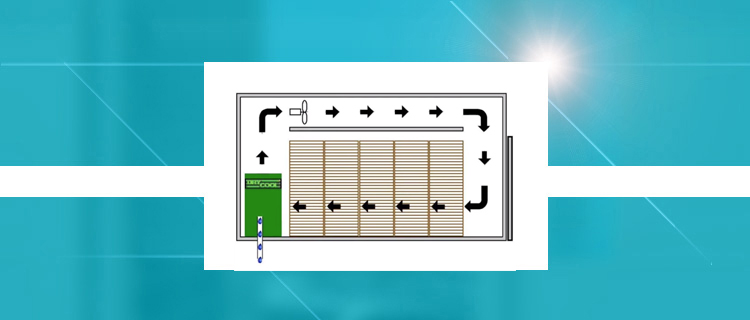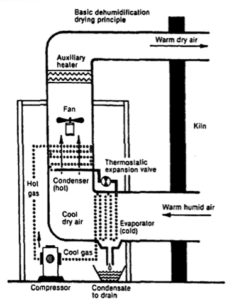Heat Pump Drying of Timber

Heat Pump Drying of Timber
It was recently announced that homeowners will be stopped from buying coal and wet wood logs from 2021 as part of a Government clampdown on toxic air pollution.
Environment Secretary George Eustice said: ‘Cosy open fires and wood-burning stoves are at the heart of many homes up and down the country, but the use of certain fuels means that they are also the biggest source of the most harmful pollutant that is affecting people in the UK.
‘By moving towards the use of cleaner fuels such as dry wood we can all play a part in improving the health of millions of people.
Elliott’s associate company Drycool Engineering Systems has the perfect solution to this as it manufactures and installs Heat Pump Dehumidification Kilns. These are a fantastic product and are the only true Renewable solution for drying timber. They are also exceptionally energy efficient as they operate a closed loop system rather than venting heat energy to the atmosphere.
Unlike Biomass kilns they use electricity and the refrigeration cycle for the drying process, thereby ensuring that no pollutants are emitted into the atmosphere in the drying process.

An estimated 2.5million homes in the UK have hearths with open fires or woodburning stoves, but from 2021, traditional coal and wet wood, used by thousands across Britain, will be phased out amid concerns that tiny pollutant particles emitted when they burn can lead to serious health conditions.
Wet wood logs have not been dried to reduce their moisture content. Removing moisture also removes pollutants in the moisture in the wood as well as ensuring that the wood burns correctly
Burning wet wood and coal in homes emits huge amounts of minuscule pollutants, known as PM2.5, which can penetrate deep into the lungs and blood. When alight, they let off 38 per cent of the total PM2.5 pollution in the UK – more than road transport and industry combined, according to government figures. The particles – each one 28 times smaller than the width of a human hair – can cause or aggravate asthma, strokes, lung cancer and heart disease.
Bags of wet wood logs are currently on sale in DIY stores, garden centres and petrol stations. Wood logs are considered wet when the moisture content is above 25 per cent. Instead of using wet wood and coal homeowners will be instructed to burn dry wood or smokeless fuel instead.
Around 2.5million tons of logs are sold in the UK each year, of which 90 per cent are wet wood.
The government’s Clean Air Strategy aims to reduce particulate matter emissions by 30 per cent by 2020. A recent report by King’s College London measuring local concentrations, found that wood burning accounts for up to 31 per cent of the urban derived PM2.5 in London.
‘Inhaling combustion particles from any source is harmful, but more so than ever when it’s directly within your home. Strong guidance is needed to insist that if wood is burnt in approved stoves, it is non-contaminated and dry.’
John Maingay, Director of Policy and Influencing at the British Heart Foundation, said: ‘Wood and coal burning accounts for 40 per cent of harmful levels of background PM2.5 in the UK, and our research has shown that toxic PM2.5 can enter the bloodstream and damage our heart and circulatory system.
